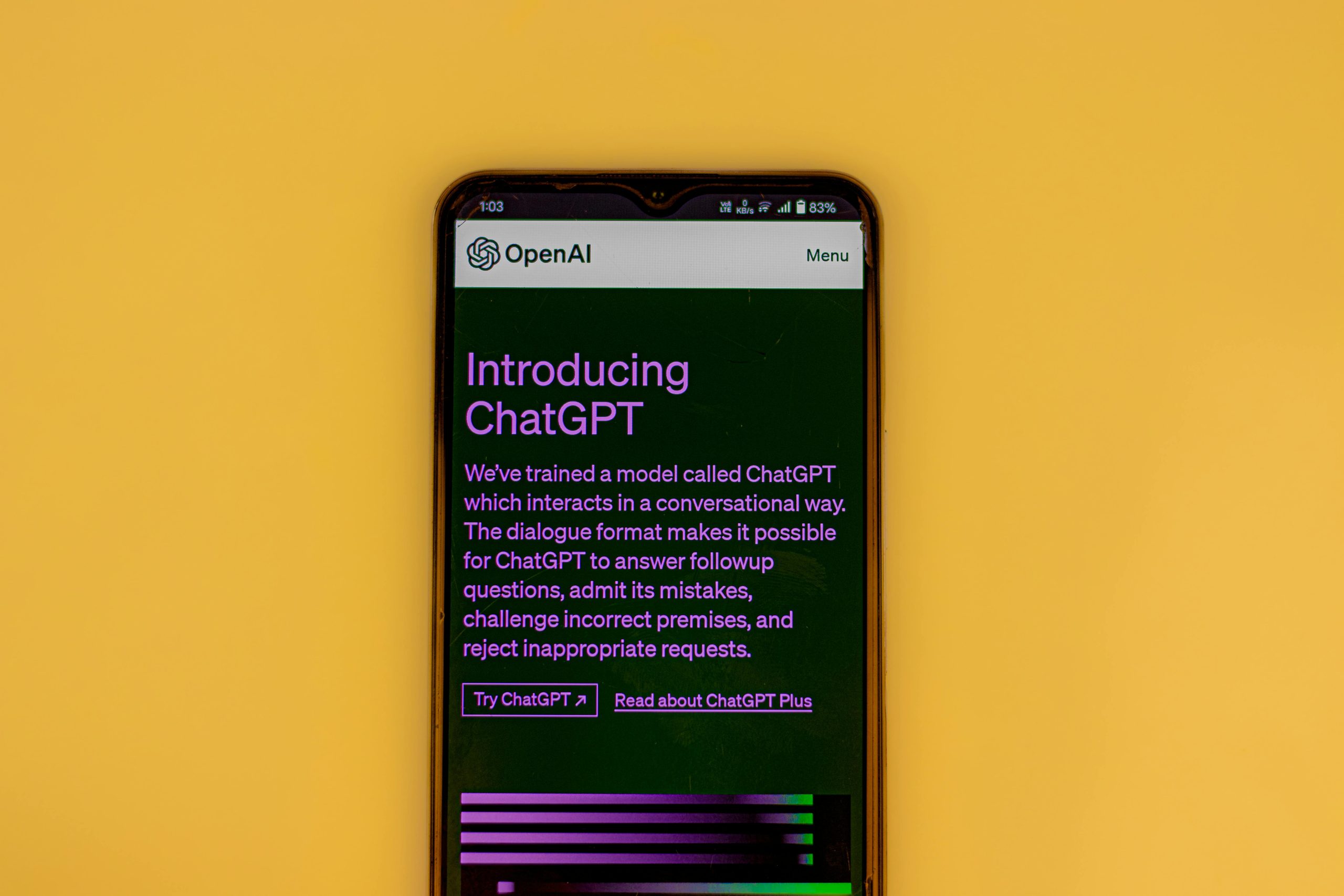ChatGPT used to feel human, now it just feels like a bot trying too hard.
The Evolution of ChatGPT: From Genuine Connection to Overprocessed Responses
In recent years, AI language models like ChatGPT have revolutionized the way we communicate, offering users an accessible platform for expression, support, and information. Initially, many users appreciated how these tools provided responses that felt surprisingly human—responding with empathy, understanding, and a touch of personality that made conversations feel authentic and comforting.
However, as ChatGPT continues to evolve, some users are beginning to notice a shift that affects the emotional feel of interactions. A common concern is the introduction of features like the “think longer for a better answer” prompt, which, while designed to enhance the quality of responses, can sometimes have unintended consequences. Instead of offering raw, emotionally resonant replies, responses may become more calculated, overthought, and clinical. This change can strip conversations of their spontaneity and emotional authenticity.
Many users express a desire for the AI to serve as a true conversational partner—someone who listens without turning every response into a lengthy explanation or analysis. They seek responses that are immediate, raw, and emotionally tuned to their moment of vulnerability. The shift towards more thoughtful, overstructured replies can make interactions feel more robotic and less personal, diminishing the initial sense of connection.
This frustration highlights a broader challenge in AI development: balancing the sophistication of responses with the need for genuine emotional engagement. While improvements aim to make interactions more informative and accurate, they must also preserve the human-like qualities that foster comfort and understanding.
Ultimately, many users long for a return to a version of ChatGPT that feels less like a calculated machine and more like a sympathetic listener—someone who can be there in moments of raw emotion without overdoing the analytical aspects. As AI continues to advance, prioritizing emotional resonance alongside technological precision will be key to maintaining meaningful, human-like interactions.
Conclusion
The journey of AI language models like ChatGPT underscores the importance of emotional authenticity in digital communication. As developers work to refine these tools, ensuring that they remain capable of providing empathetic, intuitive responses will be crucial to maintaining user trust and satisfaction. After all, sometimes what we need most from technology is a space to vent, be heard, and feel understood—without the feeling of being overprocessed or misunderstood.














Post Comment